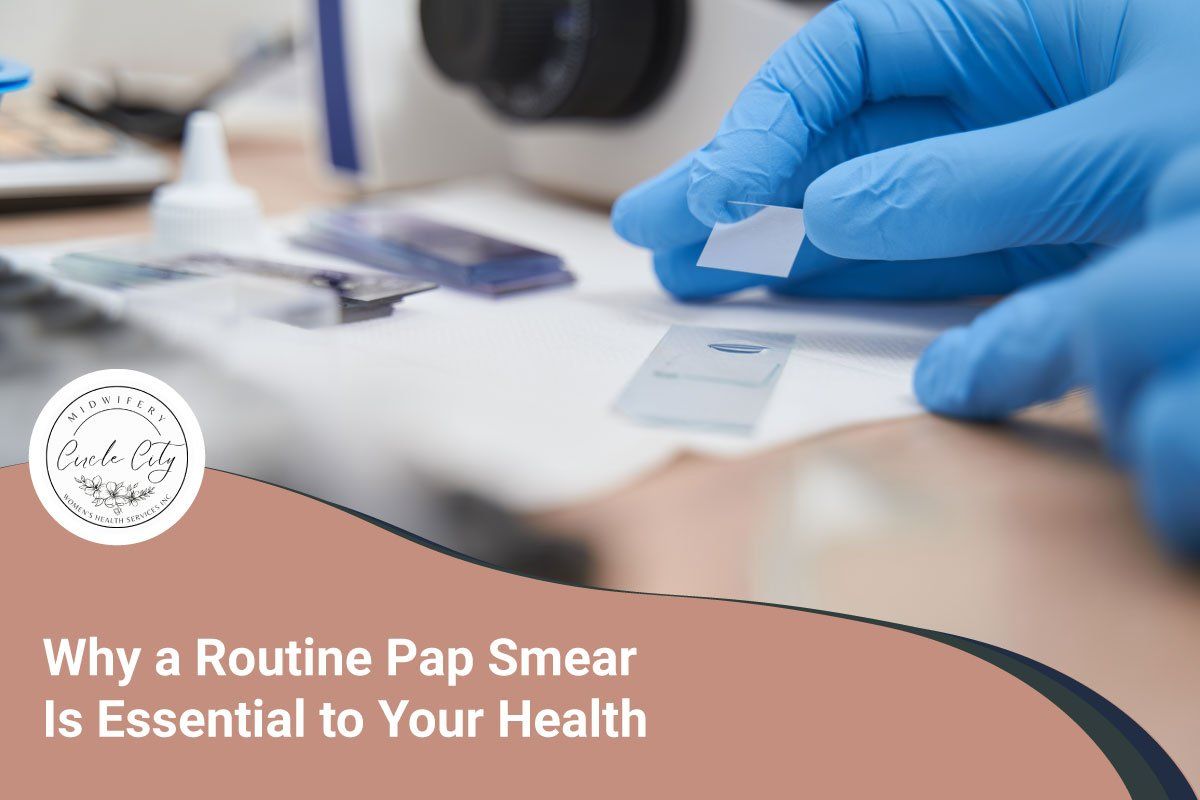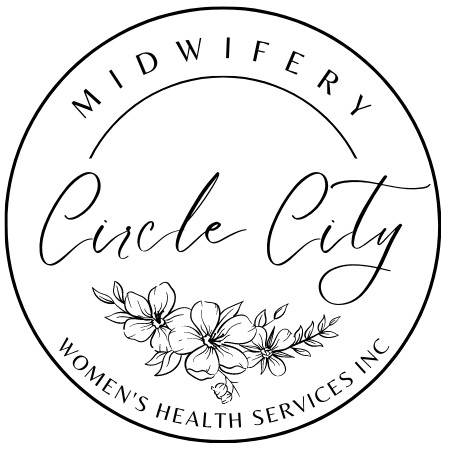Why a Routine Pap Smear Is Essential to Your Health

It's no secret that routine pap smears are essential to women's health, even lifesaving in some cases. Unfortunately, many women have never had this preventive screening. If you are one of them, this article will explain the benefits of a Pap smear and how often to get it.
Why Do Women Get Pap Smears?
Pap smears are also known as Pap tests or cervical smears. A Pap smear is a quick procedure that collects cells from your cervix and vagina. These cells then undergo a microscopic examination to check for abnormal cell growth (indicators of disease).
In most cases, the Pap smear is performed simultaneously with a pelvic exam. A pelvic exam checks for other cancers or conditions affecting a woman's reproductive organs and urinary system. The pelvic exam includes a visual inspection of the external genitalia, an internal inspection of the vagina, and an examination of the rectum and anus.
Moreover, combining a Pap test with an HPV test for women older than 30 may be necessary. (HPV) Human papillomavirus causes cervical cancer and other cancers through sexual transmission.
Pap Health Benefits
So, why are pap smears so important? The main benefit of receiving a Pap smear is that it can help detect cervical cancer early when it's still treatable. Early detection is essential because it increases your chances of survival if you have cervical cancer.
Pap smears are also vital because they help prevent cervical cancer by finding precancerous changes in cervix cells before they become malignant. Through these tests, doctors can identify infections that cause inflammation in your cervix, which could lead to cancer without prompt treatment.
It's better to know about these changes before they become dangerous than to try to treat them after they've developed into something more serious.
When Should I Get a Pap Smear?
The American Cancer Society recommends getting your first Pap test when you turn 21 — whether or not you've had sex yet. Other doctors recommend having them every year after that until you reach age 65 or older. You may receive a Pap test every three years or every five years if you've had regular negative results in the past. Your doctor will decide which schedule is right for you.
Some women need more frequent screenings when their risk level is higher. These risks include:
- Being HIV positive
- A family history of cervical cancer
- History of sexually transmitted infections (STIs) like chlamydia and gonorrhea
- The presence of precancerous cells in a Pap smear or cervical cancer diagnosis
- Cigarette smoking or exposure to secondhand smoke during childhood or adulthood
- Weak immune system due to disease, recent surgery, medication or chemotherapy
- Being sexually active (Having multiple sexual partners at one time or having intercourse with someone who has had many partners or unprotected sex)
Are there any circumstances where you don't have to get Pap Smears?
There are some circumstances when a woman and her doctor can decide to stop Pap tests, like:
- You do not need a follow-up Pap test if you have had a hysterectomy with no history of abnormal Pap tests.
- Women older than 65 do not need to be screened for cervical cancer unless they have certain risk factors for developing cervical cancer (such as having an HIV infection, being exposed to DES during pregnancy, or having multiple sexual partners).
Guidelines on Getting a Pap Smear
The following steps help ensure that your pap smear is as accurate as possible and that you feel comfortable during the procedure:
What should you do before a pap smear?
Menstruation can affect the results of a Pap smear, so if possible, avoid having one during a period, especially if your flow is heavy. We recommend that you schedule the appointment at least five days after the end of your period.
Other steps you need to do are:
- Do not douche before your appointment; do not use tampons or vaginal deodorants, creams, or medicines for 48 hours before your exam.
- Avoid sexual intercourse within 48 hours of your exam; avoid lubes and spermicide birth control during that period. There should be no irritation from lube getting in their way during the process. However, doctors can lightly lube the speculum during the exam to reduce discomfort.
How does a Pap test work?
During the test, cells from the surface of the cervix are collected for lab analysis. A doctor may use a medical instrument called a speculum to hold open the vagina so that they can see the cervix more clearly. A small brush or spatula then collects cells from the surface of the cervix. The sample doesn't hurt and usually takes just a few seconds to collect.
You can expect to receive your lab results within three weeks. Your healthcare provider will advise you on how often to get pap smears and if more testing is required.
The three main results of a Pap test are:
- Normal| Negative: This means that the sample doesn't show any signs of abnormal cells.
- Abnormal |Positive: This result indicates that there are abnormal cells in your cervix, and you'll need further testing to determine if they're precancerous or cancerous.
- Inconclusive/ Equivocal: Alternatively, the doctor may use the term "ASC-US.". Test results are unclear, meaning your cervical cells could be abnormal, but it's unclear if HPV is to blame. You can get inconclusive results for many reasons, including infection, pregnancy, or menopause. You can get these results cleared up with an HPV test.
Do I still need a Pap smear if I've had the HPV vaccine?
You should still get a Pap smear if you've had the HPV vaccine. The vaccine protects against most of the HPV that causes cervical cancer. But it doesn't protect against all types of HPV, so you should still have regular Pap tests.
Schedule a Pap Smear in Corona, California
Pap smears are one of the most critical preventive screenings in women's health care. Make sure you schedule one as soon as possible if you meet the criteria.
If you're looking for a "pap smear near me" or a pap test in Corona, California, don't hesitate to get in touch with Circle City Midwifery & Women's Health Services, Inc. Should you have any questions about Pap tests and other women’s health services, please contact our office today at 951-547-4208 or email info@ccmidwifery.com
CIRCLE CITY MIDWIFERY
& WOMEN'S HEALTH SERVICES, INC
OUR LOCATION
1353 Old Temescal Rd, Ste. 103,
Corona, CA 92881
RESOURCES
Circle City Midwifery | All Rights Reserved.











